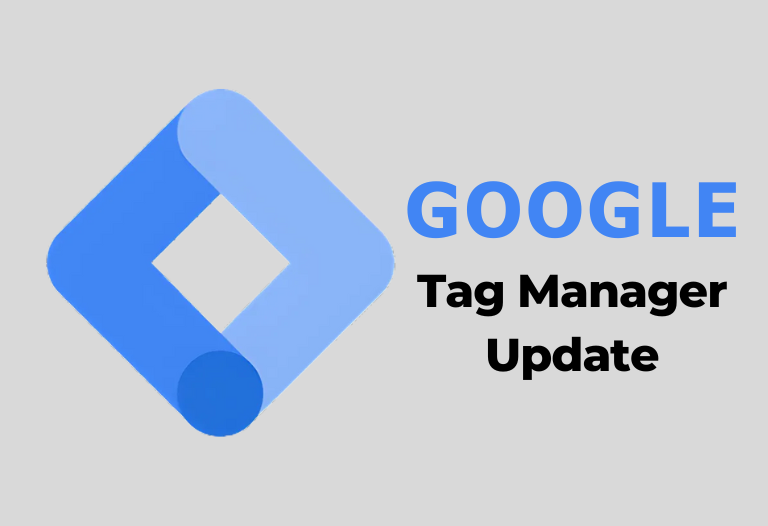
Microsoft has launched AppCAT, an Azure Migrate tool designed to help users migrate their on-premises.NET apps to the company’s Azure cloud.
The Azure Migrate application and code assessment tool for.NET, also known as AppCAT, was released on January 3rd. It allows users to examine an application. NET source code, binaries, and settings to identify possible difficulties and opportunities when transferring a.NET application to Azure. The tool identifies difficulties that an application may have when transferred to Azure and improves speed, security, and scalability by recommending current, cloud-native solutions according to Microsoft.
Once an analysis is completed, AppCAT will report items to verify or update to ensure an application functions correctly after being transferred from on-premises to Azure. AppCAT, available as a Visual Studio plugin and a.NET CLI tool, detects application technology utilization using static code and dependency analysis.
Microsoft has provided instructions for the CLI tool. The CLI tool and the Visual Studio plugin allow users to save the analysis findings in HTML, CSV, and JSON formats. The HTML report looks remarkably similar to the dashboard you will see in Visual Studio once the study is complete.
AppCAT allows users to navigate to a line that needs attention, resolve errors, mark them as repaired, and preserve the current state. The tool predicts the effort required to resolve each issue and estimates app and project components. Plans include injecting the tool with AI capabilities and integrating it with Copilot AI help. A more tailored evaluation is also in the works based on the Azure objectives.
Users can submit comments on AppCAT using the Visual Studio feedback channel.
Analyze apps with.NET CLI
After installing the CLI tool, users may use it to assess their applications. They may provide a path and format (.html,.json, or.csv) for the report file that the program will generate.
Interpret the result
The CLI tool and Visual Studio allow users to save the analysis findings in HTML, CSV, and JSON formats. The report will provide them with information on the number of projects evaluated, issues, and incidents, as well as an assessment of how much work each incident, issue, and project need to be resolved. Incidents are divided into groups based on their severity. Many views allow users to observe issues, obtain help resolving them, jump to the code where such events occur, and so on.
Supported languages
Application and code evaluation for.NET can examine projects written in the following languages.
- C# and Visual Basic
Supported project types
It examines your code for the following project types:
- ASP.NET and ASP.NET Core.
- Class libraries.
Supported.NET frameworks
All .NET frameworks (.NET Framework,.NET Core, and.NET 5+).
Supported Azure targets
At present, the application highlights possible migration difficulties for Azure App Service, AKS, and Azure Container Apps. In the future, the tool may be able to explicitly specify the target and filter the specific concerns and recommendations for each target individually.
What’s next?
Next, Microsoft plans to enhance the tool’s AI capabilities and integrate it with Copilot, allowing customers to receive assistance with general migration and specific concerns.
Another feature that Microsoft is actively developing is giving consumers a more customized evaluation depending on the Azure target they select. Microsoft intends to introduce the option to define the target before creating the report and then generate a report based on it.




 January 12, 2024
January 12, 2024











